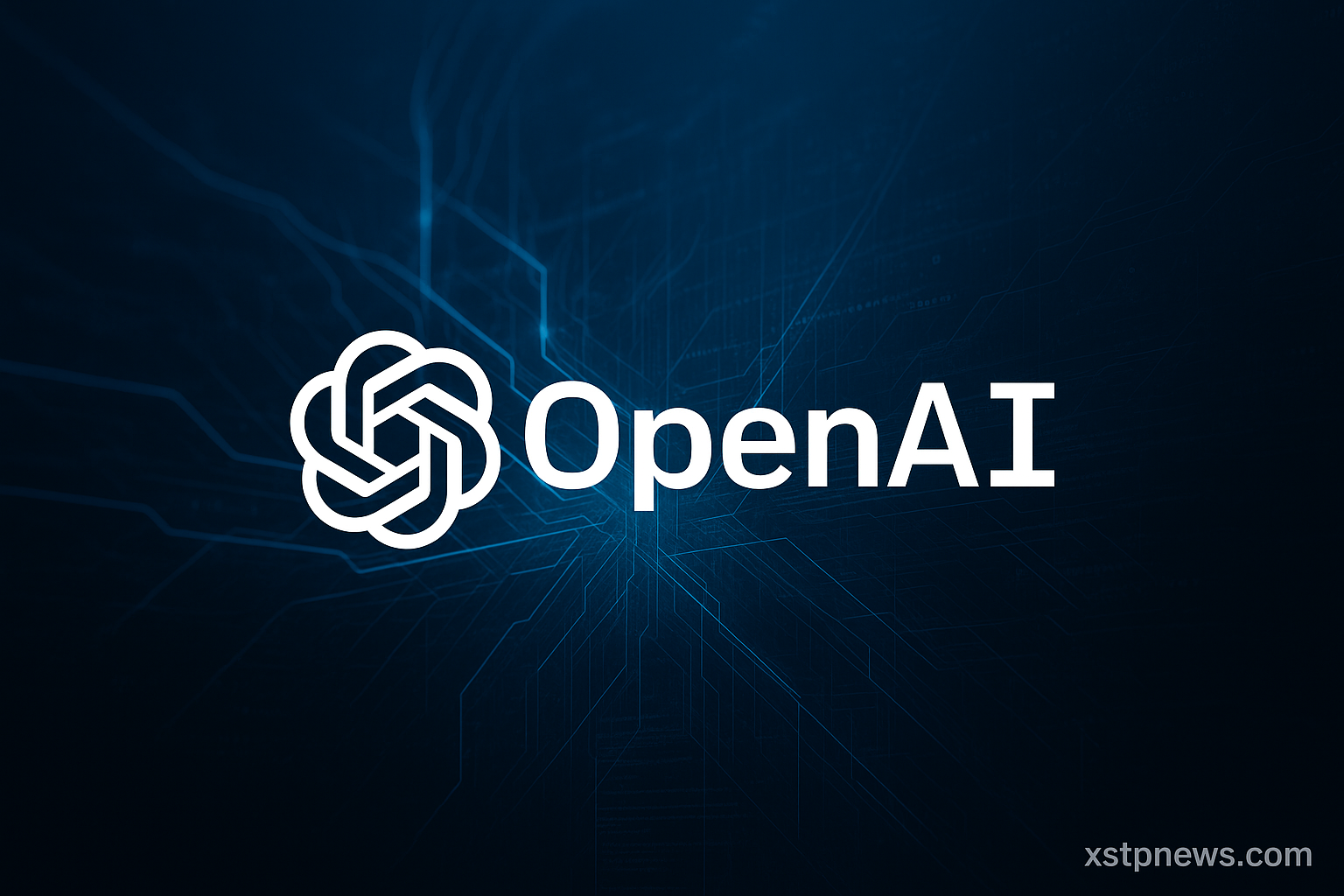OpenAI has officially released GPT‑OSS, its first family of open‑weight AI models since the launch of GPT‑2 in 2019. The release marks a significant shift toward AI democratization, enabling developers and institutions to run powerful language models locally without relying on closed API access.
What GPT‑OSS Brings
The launch includes two models:
- gpt‑oss‑120b – ~117 billion parameters, Mixture‑of‑Experts architecture with 128 experts (4 active per token), capable of near o4‑mini performance, optimized for GPUs with 80 GB VRAM.
- gpt‑oss‑20b – ~21 billion parameters, lightweight enough to run on consumer hardware with 16 GB RAM, performing similarly to o3‑mini.
Both models are released under Apache 2.0 license, allowing free commercial use and modifications, and support chain‑of‑thought reasoning, Python tool calling, and web search integrations.
Why It Matters
- First open‑weight release in 6 years, expanding OpenAI’s presence into the open‑source ecosystem.
- Easier enterprise and research adoption, with compatibility for Hugging Face, AWS Bedrock, Databricks, and Azure.
- Direct competition with Meta’s LLaMA‑4 and China’s DeepSeek, strengthening the open‑AI landscape.
- Local deployment potential reduces cloud dependency and enhances data privacy for enterprises.
Technical Overview
| Model | Size | Minimum Hardware | Performance Benchmark |
|---|---|---|---|
| gpt‑oss‑120b | ~117B params | 80 GB GPU | Comparable to o4‑mini |
| gpt‑oss‑20b | ~21B params | 16 GB RAM | Comparable to o3‑mini |
The models are text‑only, not multimodal, but excel in coding, math, and structured reasoning. OpenAI confirmed rigorous adversarial testing under its Preparedness Framework to ensure safe deployment.
Source: OpenAI, Reuters, The Verge, Wired, Business Insider







